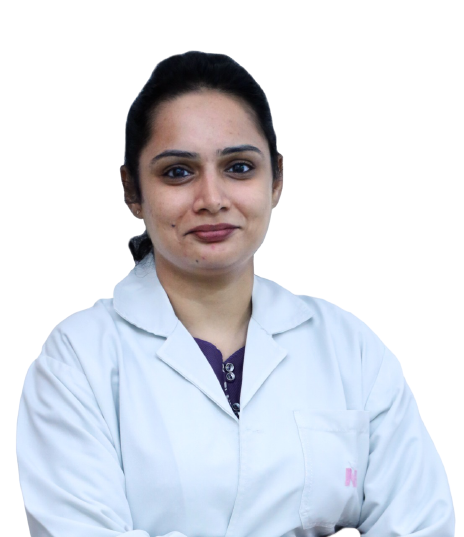Bleeding Disorder
Bleeding disorders are those in which blood clot formation is delayed. Symptoms include bleeding after injury, surgery, trauma, or menstruation. Sometimes the bleeding is spontaneous, without a known or identifiable cause. Improper clotting can be caused by defects in blood components such as platelets and/or clotting proteins, also called clotting factors. The body produces 13 clotting factors. If any of them are defective or deficient, blood clotting is affected; a mild, moderate or severe bleeding disorder can result.
Some bleeding disorders, such as hemophilia, can be inherited or acquired. Others can occur from conditions such as as anemia, cirrhosis of the liver, HIV, leukemia, and vitamin K deficiency. They also can result from certain medications that thin the blood, including aspirin, heparin, and warfarin.


